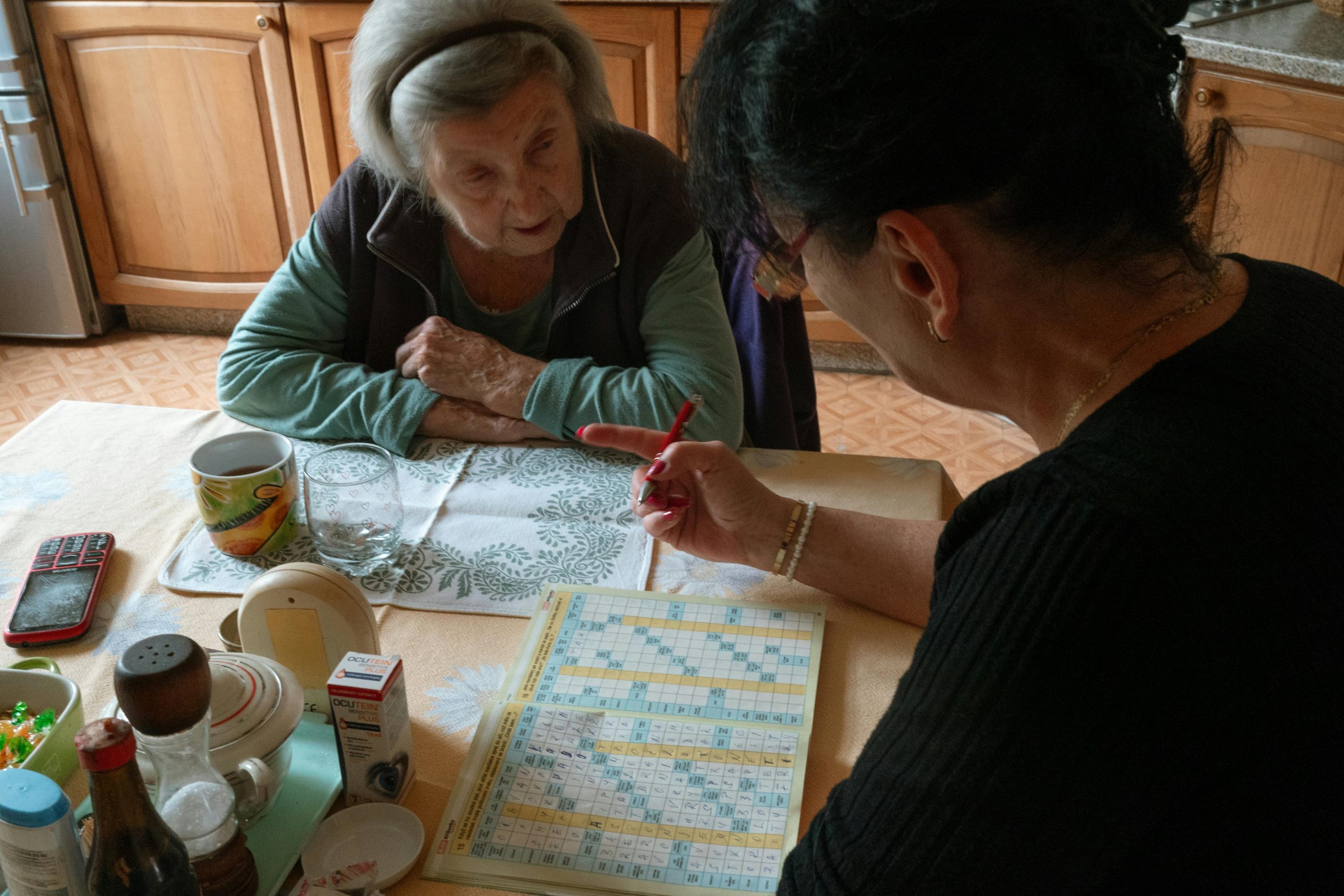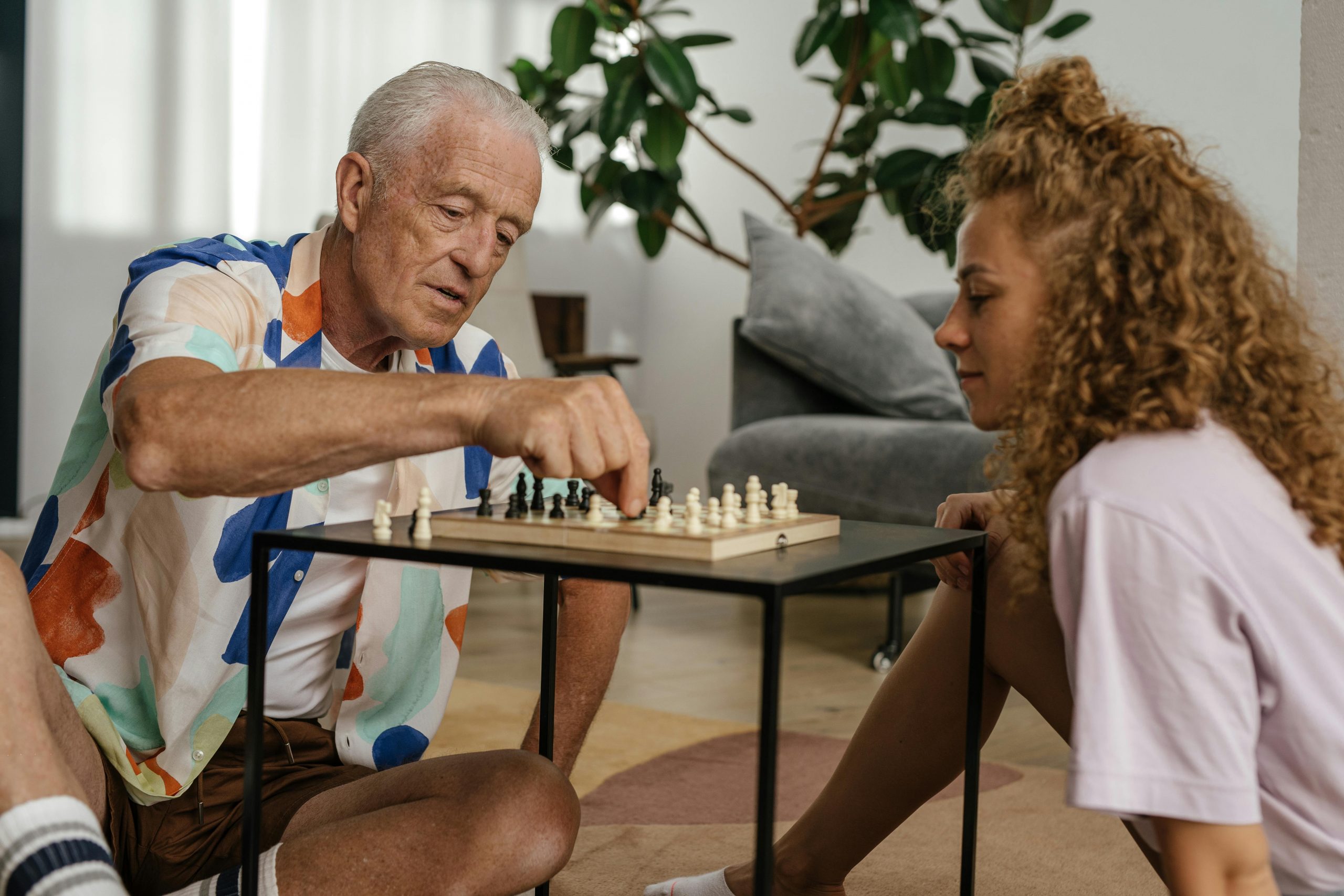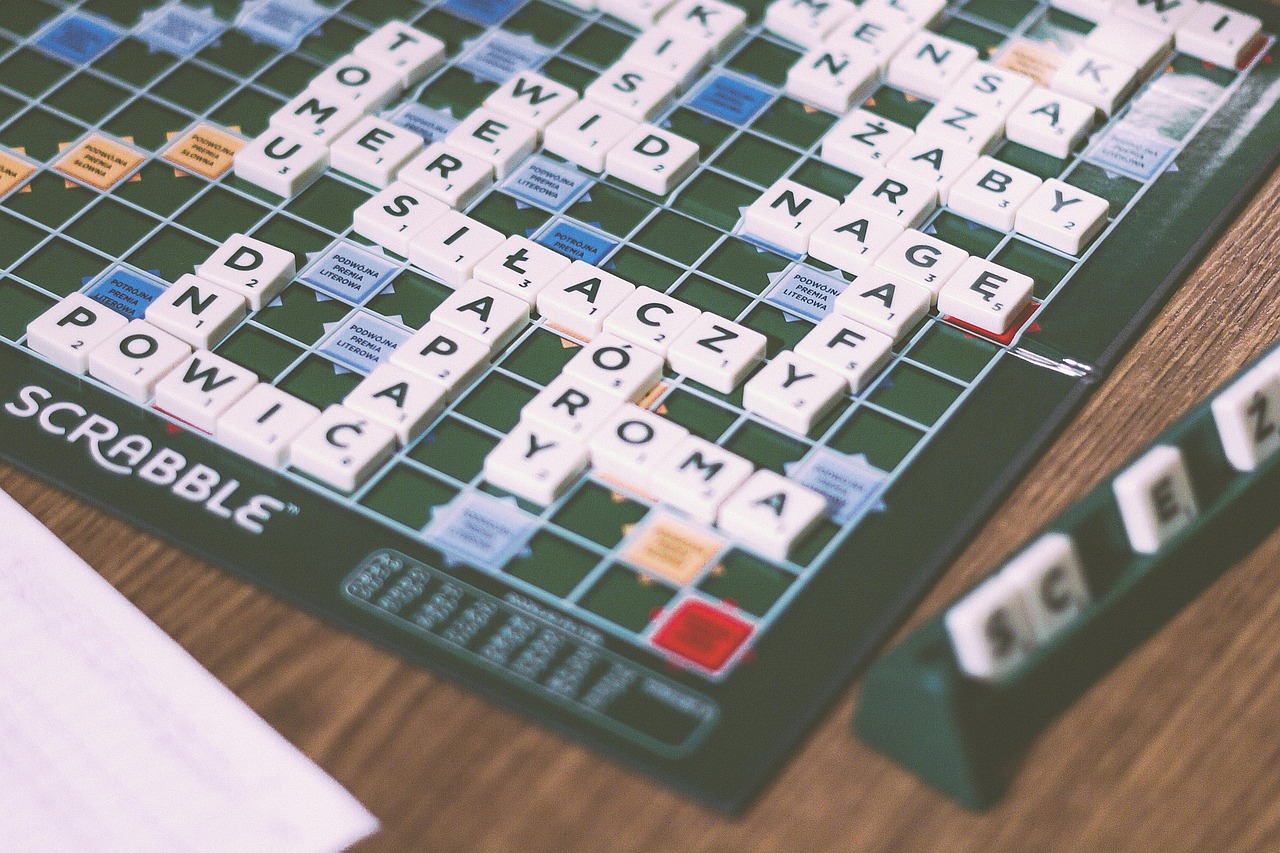
- Memory care activities slow cognitive decline – Regular mental stimulation helps preserve memory and reasoning skills in seniors.
- Engagement improves emotional well-being – Activities reduce stress, boost mood, and prevent feelings of isolation.
- Social interaction is crucial – Group and community-based activities enhance communication, collaboration, and mental sharpness.
- Variety matters – Combining brain games, creative projects, physical exercise, and technology keeps the mind challenged and engaged.
- Family involvement enhances effectiveness – Participating in activities together strengthens bonds and encourages consistent participation.
- Consistency is key – Daily or regular engagement in memory care activities leads to the best cognitive and emotional benefits.
- Activities should match abilities and interests – Tailoring tasks to cognitive, physical, and personal preferences ensures safety and enjoyment.
As we age, maintaining cognitive health becomes increasingly important. Memory care activities can play a critical role in keeping the mind sharp, improving emotional well-being, and promoting social engagement. Whether you’re a caregiver, family member, or senior looking to stay active, this guide explores the top 10 memory care activities designed to boost cognitive function and overall quality of life.
Why Are Memory Care Activities Important for Seniors?
Cognitive decline is a natural part of aging, but engaging the brain can slow this process. Memory care activities are not just about entertainment—they offer real mental, emotional, and social benefits. Studies have shown that seniors who participate in stimulating activities are less likely to experience rapid memory loss and are more likely to maintain independence longer.
Some key benefits include:
- Improved memory retention – Activities stimulate neural pathways and help preserve memory.
- Enhanced problem-solving skills – Cognitive exercises strengthen reasoning and decision-making abilities.
- Better mood and reduced stress – Fun and social interaction release endorphins and reduce anxiety.
- Increased social engagement – Group activities help prevent loneliness and depression.
Understanding these benefits makes it clear why memory care activities should be part of a senior’s daily or weekly routine.
How Can You Choose the Right Activities?
Not all memory care activities are suitable for every senior. When choosing activities, consider:
- Cognitive level – Tailor activities to the individual’s mental capacity.
- Physical abilities – Include exercises that match mobility levels.
- Interests – Choose activities that are enjoyable to encourage consistent participation.
- Safety – Ensure that activities are low-risk, especially for seniors with mobility issues or dementia.
Remember, the goal is not only to stimulate the brain but also to make the experience enjoyable.
1. Brain Games and Puzzles

One of the most effective ways to boost cognitive health is through brain games. These activities challenge the mind and keep it active.
Examples of Brain Games
- Crossword puzzles
- Sudoku
- Word searches
- Jigsaw puzzles
- Memory card games
Why They Work
Brain games stimulate memory, attention, and problem-solving skills. They also encourage focus and patience, which are essential for mental health.
2. Art and Craft Projects
Creativity can be a powerful tool for memory care. Artistic activities help seniors express themselves while enhancing cognitive function.
Fun Art Activities
- Painting and drawing
- Clay modeling
- Scrapbooking
- Knitting or crocheting
How Art Boosts Cognitive Health
Creating art requires concentration, planning, and fine motor skills. Art can also be a calming activity that reduces stress and provides a sense of accomplishment.
3. Music Therapy and Singing
Music has a unique ability to evoke memories and emotions. Singing or listening to music can have profound cognitive benefits.
Music Activities for Seniors
- Listening to favorite songs
- Singing along to old classics
- Learning a musical instrument
- Participating in group music therapy sessions
Cognitive Benefits of Music
Music stimulates multiple areas of the brain, improving memory, language skills, and emotional health. For seniors with dementia, music can trigger long-term memories and enhance social engagement.
4. Physical Exercise With a Cognitive Twist
Exercise isn’t just good for the body—it’s great for the brain. Combining physical activity with cognitive tasks can maximize benefits.
Activity Ideas
- Walking while recalling a list of words
- Chair yoga with counting sequences
- Dance classes that include memorizing steps
- Tai Chi sessions with guided instructions
Why This Helps
Physical movement increases blood flow to the brain, while multitasking enhances memory and problem-solving skills.
5. Storytelling and Reminiscence Therapy
Sharing life experiences or listening to stories can stimulate memory and provide emotional comfort.
Activities to Try
- Encouraging seniors to write or tell their life stories
- Creating a family history scrapbook
- Discussing photos from the past
- Group storytelling circles
Benefits
Reminiscence therapy can trigger cognitive recall, improve mood, and strengthen connections with family and friends.
6. Cooking and Baking

Cooking is more than just preparing food—it’s a full cognitive workout. From following recipes to measuring ingredients, seniors engage multiple mental skills.
Simple Ideas
- Baking cookies and recalling steps
- Preparing a favorite family dish together
- Organizing ingredients and following a recipe
Cognitive Advantages
Cooking improves memory, sequencing skills, attention to detail, and hand-eye coordination. It also encourages social interaction when done in groups.
7. Gardening and Nature Activities
Spending time in nature has mental and emotional benefits. Gardening combines physical activity with sensory stimulation.
Activities to Consider
- Planting flowers or vegetables
- Maintaining an indoor herb garden
- Participating in community garden projects
- Nature walks with observation tasks
How Gardening Boosts Cognition
Gardening requires planning, problem-solving, and fine motor skills. Exposure to sunlight also helps regulate mood and sleep patterns.
8. Social and Group Activities
Social interaction is crucial for cognitive health. Engaging with others helps seniors stay mentally sharp and emotionally balanced.
Social Activities
- Book clubs
- Card or board games
- Volunteer projects
- Group exercise or dance classes
Cognitive Benefits
Social activities challenge communication, memory, and critical thinking. They also reduce feelings of isolation, which can negatively impact cognitive function.
9. Memory-Focused Technology Tools
Modern technology can enhance memory care through apps and digital games designed specifically for seniors.
Tech Ideas
- Brain training apps like CogniFit and Elevate
- Interactive memory games on tablets
- Virtual tours and cultural experiences
- Video calls with family to stimulate conversation
Why Technology Works
Digital tools provide instant feedback, adaptable difficulty levels, and a variety of cognitive exercises to keep seniors engaged.
10. Mindfulness and Relaxation Practices
Mindfulness exercises and relaxation techniques reduce stress, which can have a negative impact on cognitive health.
Relaxation Activities
- Guided meditation
- Deep breathing exercises
- Gentle yoga
- Visualization exercises
Benefits
Reducing stress improves focus, memory retention, and emotional well-being. Mindfulness also encourages seniors to stay present, enhancing their overall mental clarity.
11. Language Learning and Word Games
Learning a new language or engaging in word-based activities can challenge the brain in unique ways.
Activities to Try
- Learning basic words or phrases in a new language
- Playing Scrabble or Boggle
- Using language-learning apps like Duolingo or Babbel
- Crossword puzzles in a foreign language
Cognitive Benefits
Language exercises improve memory, attention, and cognitive flexibility. They also encourage problem-solving and pattern recognition.
12. Sensory Stimulation Activities
Engaging the senses can trigger memories and enhance brain function, especially for seniors with dementia.
Activities to Consider
- Aromatherapy with familiar scents
- Tactile activities like handling different textures or fabrics
- Taste tests with various flavors
- Listening to nature sounds or familiar music
Benefits
Stimulating the senses can evoke positive memories, improve mood, and maintain neural pathways associated with memory.
13. Volunteering and Community Engagement
Helping others can provide purpose and mental stimulation.
Volunteer Activities to Try
- Assisting at local libraries, schools, or community centers
- Participating in charity projects
- Mentoring younger generations
- Organizing neighborhood events
Benefits
Volunteering enhances cognitive function through social interaction, planning, and communication. It also fosters emotional well-being and a sense of purpose.
14. Mind-Challenging Hobbies
Hobbies that require learning new skills or strategy can strengthen the mind.
Activities to Consider
- Playing chess, checkers, or strategy board games
- Building models or puzzles that require assembly
- Photography or digital editing projects
- Learning a new musical instrument or skill
Benefits
Hobbies encourage focus, memory retention, and planning while reducing stress and keeping seniors engaged.
15. Nature and Outdoor Exploration
Beyond gardening, broader outdoor activities can stimulate memory and cognition.
Fun Outdoor Activities
- Birdwatching and identifying different species
- Nature scavenger hunts
- Guided walking tours in local parks
- Observing seasonal changes and keeping a nature journal
Cognitive Advantages
Exposure to nature reduces stress, improves mood, and engages both the mind and body in observation, memory, and planning.
Tips for Implementing Memory Care Activities Daily
Consistency is key when it comes to cognitive health. Here are some tips to help seniors stay engaged:
- Schedule daily or weekly activities
- Mix different types of activities to keep things interesting
- Incorporate social elements whenever possible
- Encourage participation rather than forcing it
- Track progress and celebrate achievements
How Family Members Can Support Memory Care
Family involvement plays a major role in the effectiveness of memory care activities. Here’s how you can help:
- Participate in activities together
- Create a routine that includes cognitive exercises
- Encourage sharing of memories and experiences
- Offer gentle guidance without taking over tasks
Supportive family interaction enhances both mental and emotional benefits.
Signs That Memory Care Activities Are Working
It’s important to notice changes and improvements over time. Signs that activities are benefiting cognitive health include:
- Improved short-term memory recall
- Better problem-solving and attention skills
- Increased engagement and enthusiasm
- Enhanced mood and reduced anxiety
- Greater social interaction
Monitoring progress allows for adjustments to activities based on effectiveness.
Frequently Asked Questions About Memory Care Activities
How often should seniors engage in memory care activities?
Daily engagement is ideal, but at minimum, seniors should participate several times a week to see benefits.
Are memory care activities only for seniors with dementia?
No, these activities benefit all seniors by maintaining cognitive health and delaying age-related decline.
Can memory care activities be combined with physical exercise?
Absolutely. Activities that engage both mind and body provide compounded cognitive benefits.
Do technology-based activities work as well as traditional methods?
Yes. Digital tools can supplement traditional activities, offering variety and interactive challenges that stimulate the brain.
Closing Thoughts
Memory care activities are essential for boosting cognitive health in seniors. From brain games and music therapy to gardening and storytelling, the options are diverse and adaptable to individual needs. The key is to choose activities that are engaging, enjoyable, and consistent.
By incorporating these top 10 memory care activities into daily routines, seniors can experience improved memory, stronger problem-solving skills, enhanced mood, and greater social connection. Whether you are a caregiver or a senior yourself, these activities offer practical ways to keep the mind active and the spirit vibrant.

